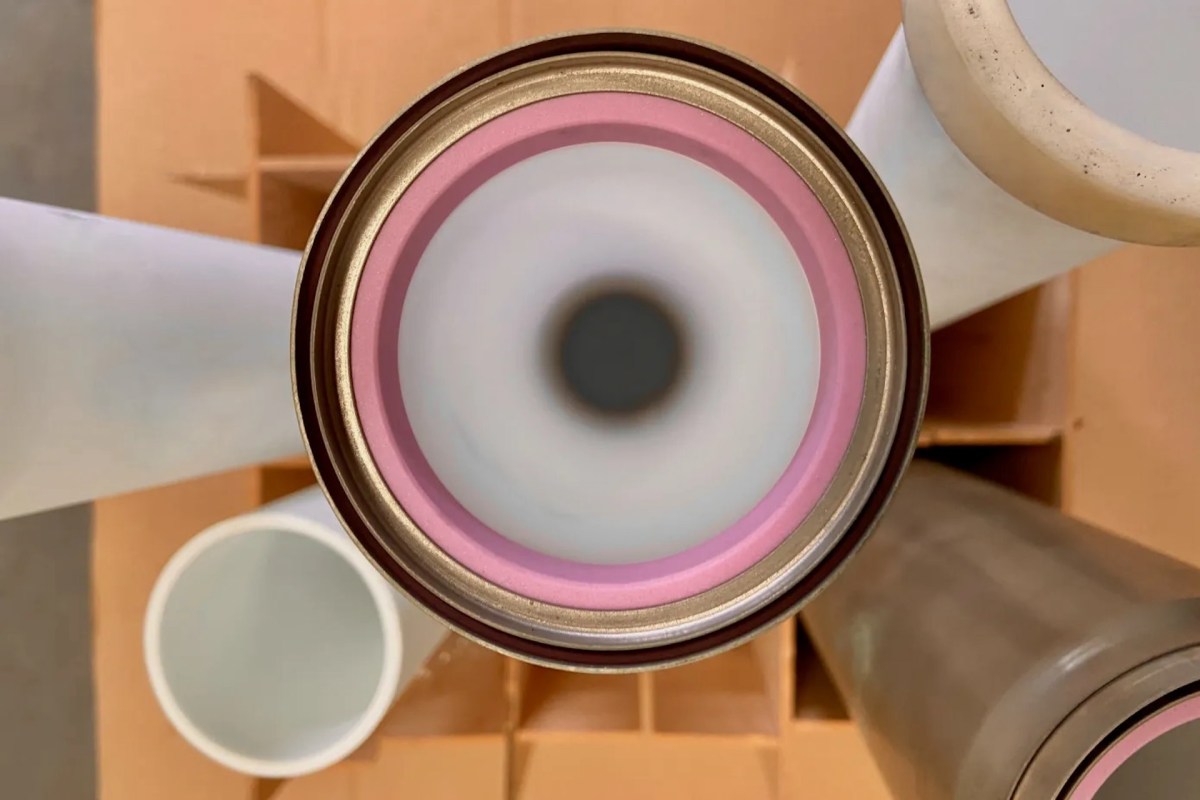Battery technology is essential for a sustainable future. Energy storage is key for making renewable power viable regardless of the time of day or weather conditions.
Lithium-ion batteries are the most common in today's technology, with uses ranging from cell phones to electric cars. Scientists are consistently looking for ways to make them more efficient and longer lasting.
But that doesn't mean alternatives aren't being investigated. Scientists in Australia are looking at sulfur to make batteries cheaper and more effective, while researchers in Germany are turning to zinc-air batteries to improve efficiency.
Now, a Stanford doctoral graduate is investigating the potential of sodium-metal-halide batteries, which were first pioneered around five decades ago.
Antonio Baclig's attempts to start a power storage company for use by the grid led him to explore the long-forgotten tech. With sodium far easier and cheaper to source than lithium, using the former can lead to efficient batteries with less environmental damage due to mining.
"Along the way, as I was really trying to understand what happened in the industry around sodium-metal-halide batteries — why has it not grown beyond a niche battery technology? — I got in touch and connected with these people in the UK called Beta Research, which had been involved from the beginning, from the early 1980s," he told TechCrunch+. "They were the ones that really developed that technology, and I didn't know they were still around."
His company, Inlyte Energy, earned $8 million in seed funding to research how to make sodium-metal-halide batteries viable for today's needs — and iron could be the key.
By optimizing iron, Baclig believes he can create batteries for $35 per kilowatt hour, which is significantly cheaper than lithium-ion versions.
While the latter will still be king when it comes to electric vehicles, sodium-metal-halide batteries show great promise in terms of energy storage for power grids. They aren't ideal for automotive use because they need to be kept at high temperatures to function, something that vehicles can't achieve consistently.
Since solar power relies on sunlight and wind energy relies on blustery conditions, storage is needed to make up for times when power production is reduced in order to meet demand. If cheaper battery technology is possible, it will be much easier to scale up storage facilities and make renewable power an even more effective alternative than energy reliant on dirty energy sources.
Inlyte's first factory could be ready by 2027, according to TechChrunch+, and it is hoped it will bring a sustainable future closer to realization.
Join our free newsletter for weekly updates on the coolest innovations improving our lives and saving our planet.









